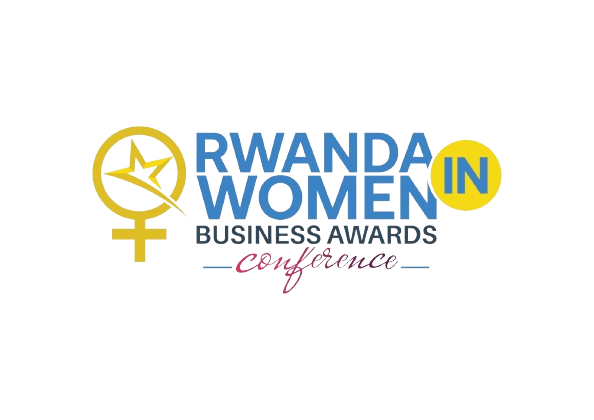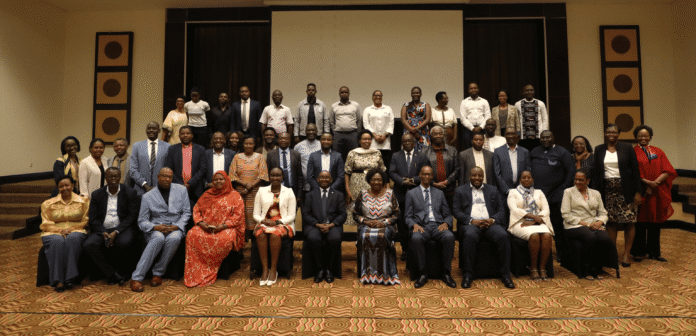When Faith Voices Support for Equality: Religious
Leaders Collaborate to Eradicate GBV in Rwanda
Today, in the core of Kigali, RWAMREC, in collaboration with the Ministry of Gender and Family Promotion (MIGEPROF), is facilitating a landmark High-Level Meeting with Faith Leaders under the theme: “Faith in Action for Gender Equality and the Prevention of Gender-Based Violence.” Uniting over 60 senior religious leaders from various regions of Rwanda, this essential dialogue at Serena Hotel aims to convert shared values into collective accountability, as faith leaders engage in profound contemplation regarding their role in altering gender norms, preventing violence, and advocating for dignity for all. This is more than just a meeting—it represents a significant milestone. Faith Leaders at a Crossroads In Rwanda, where over 92% of the populace practices a religion, the moral authority of faith leaders is immense. They guide emotions, influence culture, and deliver messages that resonate beyond policies and programs. Today’s gathering acknowledges this influence and calls upon spiritual leaders to utilize it to challenge detrimental norms, reimagine leadership, and affirm the inherent value of every woman and girl. This meeting takes place at a crucial juncture, supported by an important new resource: the Situational Analysis on Faith-Based Organizations’ Engagement in Gender Equality and GBV Prevention, developed by RWAMREC with assistance from UNDP. The Situational Analysis: A Call to Reflect and Act This groundbreaking study exposes both the opportunities and challenges faced by faith communities: A number of faith based organizations (FBOs) are eager to get involved, yet they struggle with issues like doctrinal rigidity, limited gender capacity, and male-dominated leadership. There is some collaboration with women’s rights organizations (WROs)—but it is frequently informal or fragmented. Powerful initiatives, such as RICH’s interfaith curriculum and SEVOTA’s faith-based trauma healing, prove that change is not only possible—but is already occurring. To scale these initiatives, faith and rights must intentionally come together, utilizing shared tools, training, and partnerships. The Relevance of Today This dialogue is not solely about listening; it is about making a commitment. Throughout the morning, leaders will: Analyze their role in Rwanda’s pursuit of gender equality Reflect on the outcomes of the stakeholder mapping Make public commitments to enhance equality and prevent GBV within their congregations. A Moment of Unified Courage, this occasion is a significant demonstration of Rwanda’s leadership in inclusive, values-driven development. When faith institutions, government, civil society, and communities join forces, authentic transformation occurs. As President Paul Kagame once said, “Whenever women win, we all win as a country. Without equality, there can be no real progress.” Today, we take another step forward— together.



